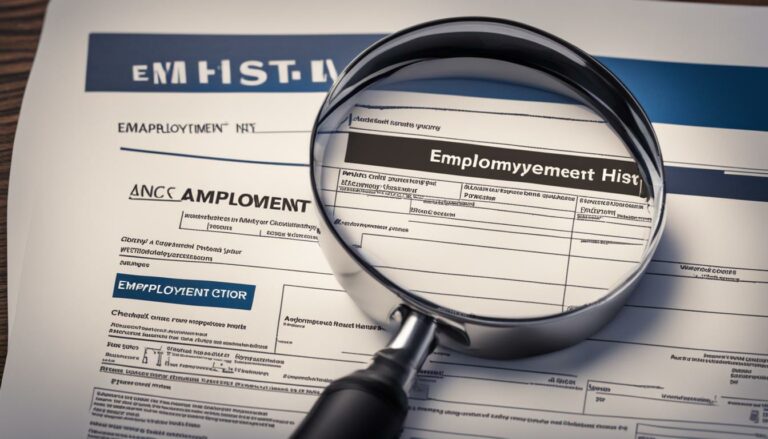Unlocking Value with Real Estate Asset Management Services
Welcome to my comprehensive guide on real estate asset management services. As a professional in this field, I believe in the power of effective management strategies to maximize the value and returns of your property investments. Whether you have a commercial or residential property portfolio, my services can help you achieve your goals and unlock…










